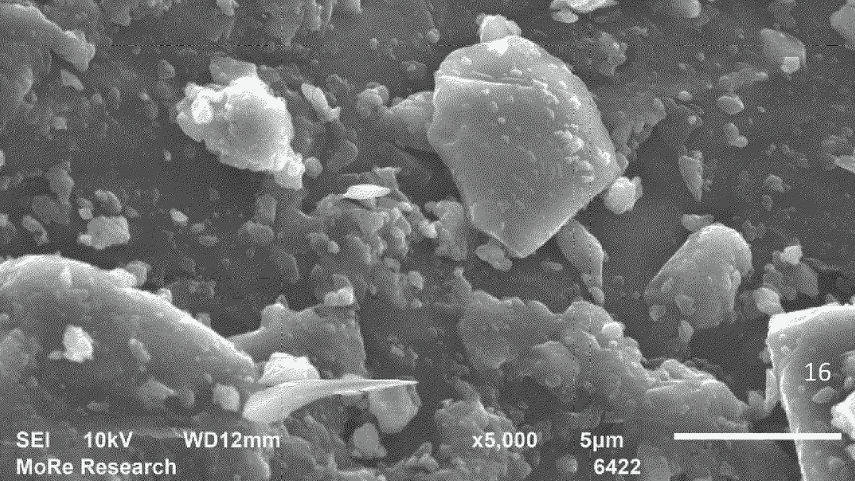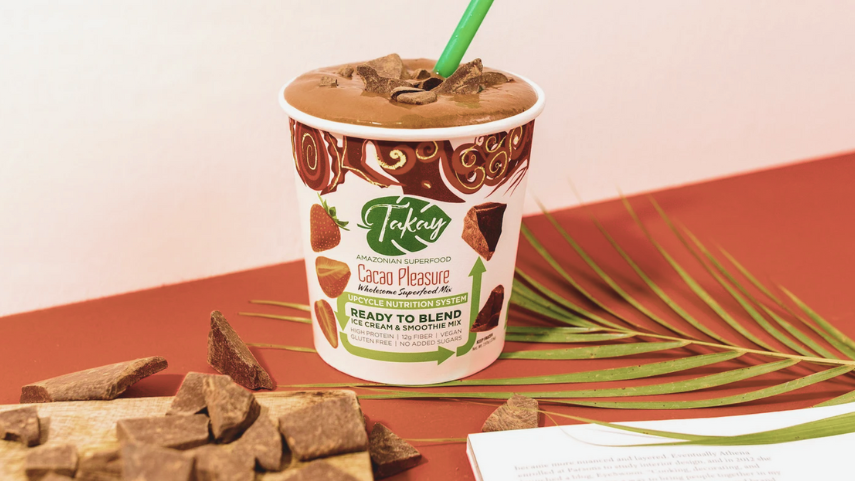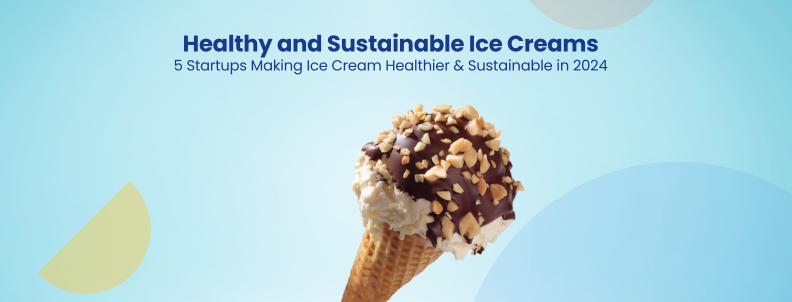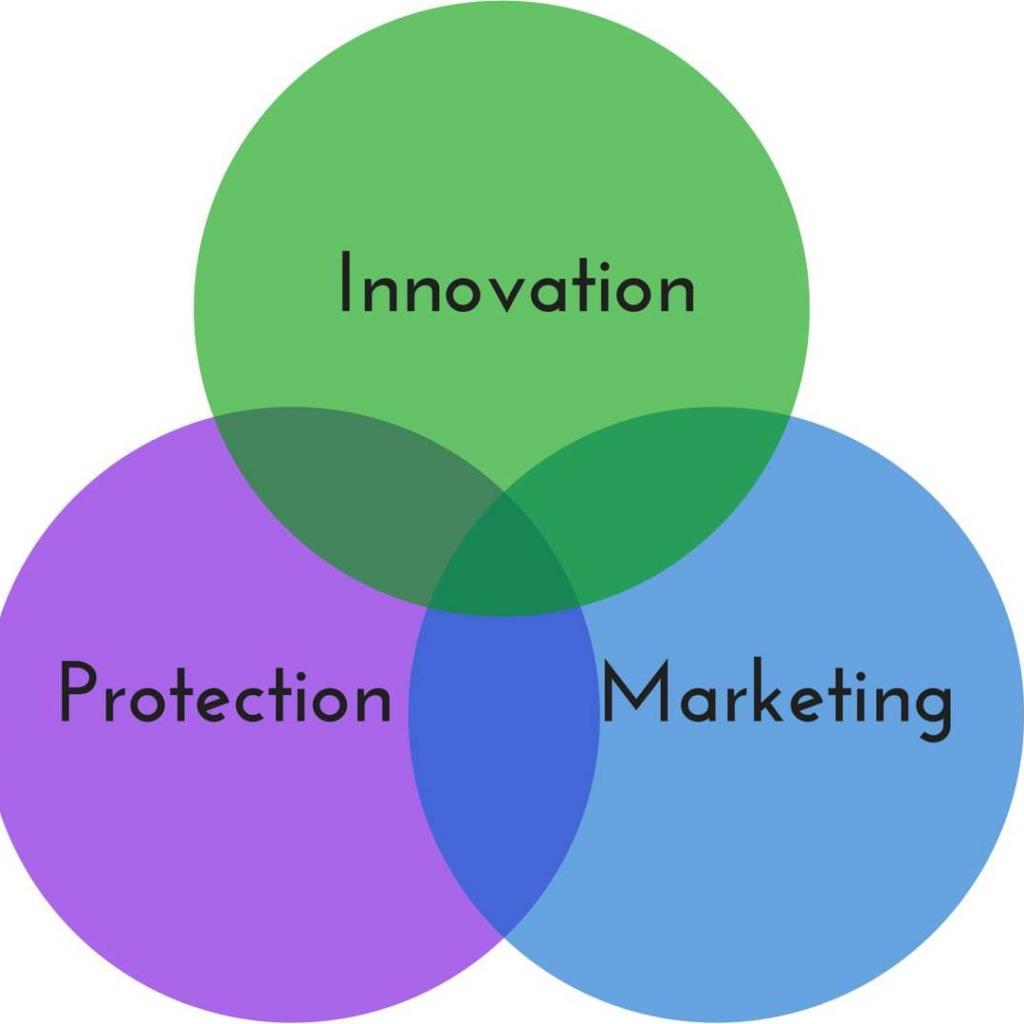In the UK alone, the ice cream industry consumes 4.81 billion kWh of electrical energy annually, much of it for refrigeration. Furthermore, commercial refrigerants, like HFC R404A, have a high global warming potential.
The ice cream industry is overdue for health and sustainability upgrades. About 10% of all milk produced by US dairy farmers is used to make ice cream, which requires significant water and feed resources and contributes to the environmental footprint.
To tackle such challenges, many startups are innovating to offer novel ice cream solutions that are better for you and the environment. Sustainable ice cream brands are replacing sugars with indistinguishable fiber sweeteners and making plant waste ingredients. This article explores five healthy and sustainable ice cream brands offering innovative solutions in 2024.
Our comprehensive food & beverages trend report contains information on leading startups creating sustainable alternatives, insect-based proteins, plant-based meat alternatives, and more. Get your hands on our Food Tech Startup Report to uncover the latest trends shaping the future of food.
1. Bayn Solutions replaced sugar with healthier fibers to make sustainable ice cream
| Website | https://baynsolutions.com/en/ |
| Founder | Lucy Dahlgren |
| Funding | $ 2.4M |
| Technology | Sweetened Fibers |
Bayn Solutions AB, a Swedish reduced-sugar ice cream brand, creates healthier alternative solutions for dairy and confectionery products. Their product, EUREBA® D-01, can replace sugars in multiple food products, including ice cream and frozen desserts, without changing the manufacturing process.
They have also filed patents on their product disclosing the use of low-digestible carbohydrate polymers, a mixture of non-sucrose bulk sweeteners, and a high-intensity sweetener.
Sugar production requires significant water, land, and energy resources. Manufacturing just 1 kg of cane sugar requires approximately 1,110 liters of water, resulting in 0.42 kg of CO2 emissions. Ice cream manufacturers can decrease this environmental impact by using formulations with reduced sugar content.

This mixture effectively replaces sugar in a 1:1 ratio and provides a particle size that is easy to use in existing manufacturing infrastructure.
To further advance its efforts in sugar reduction, Bayn collaborated with Bioscience Food Solutions (BFS) to create sugar-reduced soft ice cream.
2. Apparo LLC makes high-quality protein from plant waste.
| Website | https://www.apparo.us/ |
| Founder | Robert Beausire |
| Funding | $ 3.5M |
| Technology | Total Crop Utilization™ system |
Apparo LLC, a Minnesota-based B2B startup established in 2020, provides premium plant proteins and micro-ingredients from plant waste for a sustainable food supply. The company specializes in the creation of sunflower protein.
Apparo filed a patent in late 2020 for preparing plant-based ice cream from sunflower protein. The company has commercialized its ingredient, Solistein™ 001 Sunflower Native Protein Isolate, for further use in producing plant-based ice creams.
The company has also publicized a Series A funding round jointly spearheaded by Endeavor8 and Finistere Ventures further to accelerate the development and commercialization of sunflower protein ingredients. Blue Horizon also participated in the investment.
3. ColdSnap’s rapid freezing technology makes ice cream in 90 seconds!
| Website | https://coldsnap.com/ |
| Founder | Matthew Fonte |
| Funding | $ 72.1M |
| Technology | Rapid Freezing Technology |
ColdSnap Corp. creates ice cream by combining ingredients like fresh cream, raw fruit, and nutraceuticals in a shelf-stable pod stored at room temperature.
Some electric ice cream machines take 20 to 60 minutes to make a batch and require time-consuming cleanup. Hence, ColdSnap developed a method of making sustainable, soft-serve ice cream from room-temperature pods in only around 90 seconds, thereby using significantly less energy.
These systems and methods are based on a refrigeration cycle with low startup times and an easy-to-use pod-machine interface that provides extremely efficient heat transfer. In 2023, Coldsnap published various patents on its proprietary rapid freezing technology in different jurisdictions.
4. KONOÏ makes sustainable hemp milk ice creams
| Website | https://konoi.ch/ |
| Founder | Benoît and Kumiko |
| Funding | Not available |
| Technology | Hemp-based Ice creams |
Konoϊ, a Swiss hemp food brand established in 2019, offers a range of sustainable ice cream and frozen desserts made from hemp milk. The hemp seeds are matured for at least 12 hours for a good infusion of fragrances and a creamy texture and then churned into an ice pop.
Hemp ice cream is vegan, nut-free, and rich in essential fatty acids such as Omega-3 and Omega-6. Additionally, the company uses cannabis sativa seeds for enhanced nutrition and well-being.
It offers frozen desserts containing its home-pressed raw sprouted hemp seeds. Konoi’s ice creams do not contain any phytocannabinoids (THC, CBD, etc.) and have no psychoactive effect.
5. Takay creates ice cream blends by upcycling discarded tropical fruits.
| Website | https://www.takayblends.com |
| Founder | Lucho Escobar |
| Funding | Won a $50,000 grant in a start-up accelerator competition. |
| Technology | Reduces food waste by upcycling it into ice cream products. |

Takay is an Ecuadorian brand creating sustainable ice cream products using rejected fruit that doesn’t meet aesthetic standards.
Ecuador exports 30% of the tropical fruits worldwide. However, over 25% of its produce is discarded because it lacks external cosmetic appeal in size, shape, or color. This contributes to 1.5 million tonnes of wasted food in Ecuador alone. These discarded fruits are still perfectly nutritious.
By partnering with fruit growers who can’t sell their produce, Takay aims to reduce food waste. Approximately 80% of their ingredients come from upcycled fruit.
In addition to this sustainable ice cream product, Takay’s patented package design prevents frozen fruit pieces from clumping together. Their cardboard tubs have a central divider that prevents the fruit from freezing in one block, making blending them easier for the consumer.
Conclusion
The ice cream industry trends and pioneering brands show a strong push for healthier, more sustainable alternatives and practices in 2024 and beyond. Collectively, these efforts illustrate a responsive industry that adapts to consumer demands and has a broader responsibility towards health and the environment.
Collaborating with such innovative startups can help you overcome the sector’s obstacles and remain ahead of your rivals. But when scouting this field for genuine innovations, R&D managers and directors face numerous difficulties, such as:
- Distinguishing truly innovative solutions from marketing hype or incremental improvements,
- Difficulties in getting detailed information as startups are often protective of their innovations and intellectual properties,
- Unforeseen regulatory hurdles that can slow down innovation and scaling
And many more! You can efficiently navigate these challenges and find ventures that align with your requirements with the help of GreyB’s expert analysts. Use the simple form below to submit your query for a consultation.
Authored by: Sakshi Tripathi, Patent Analytics
Edited by: Hemanth Shenoy, Market Research










